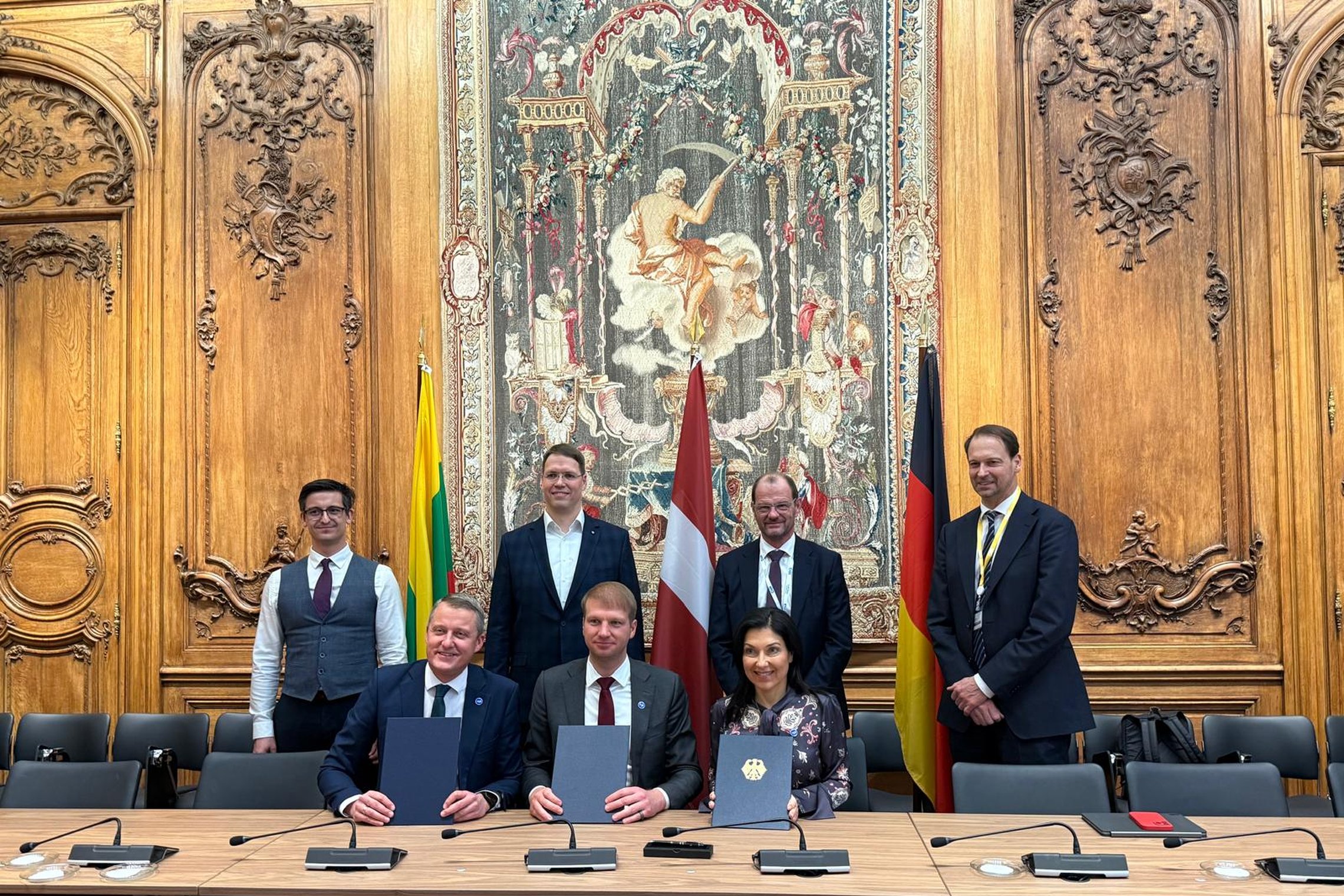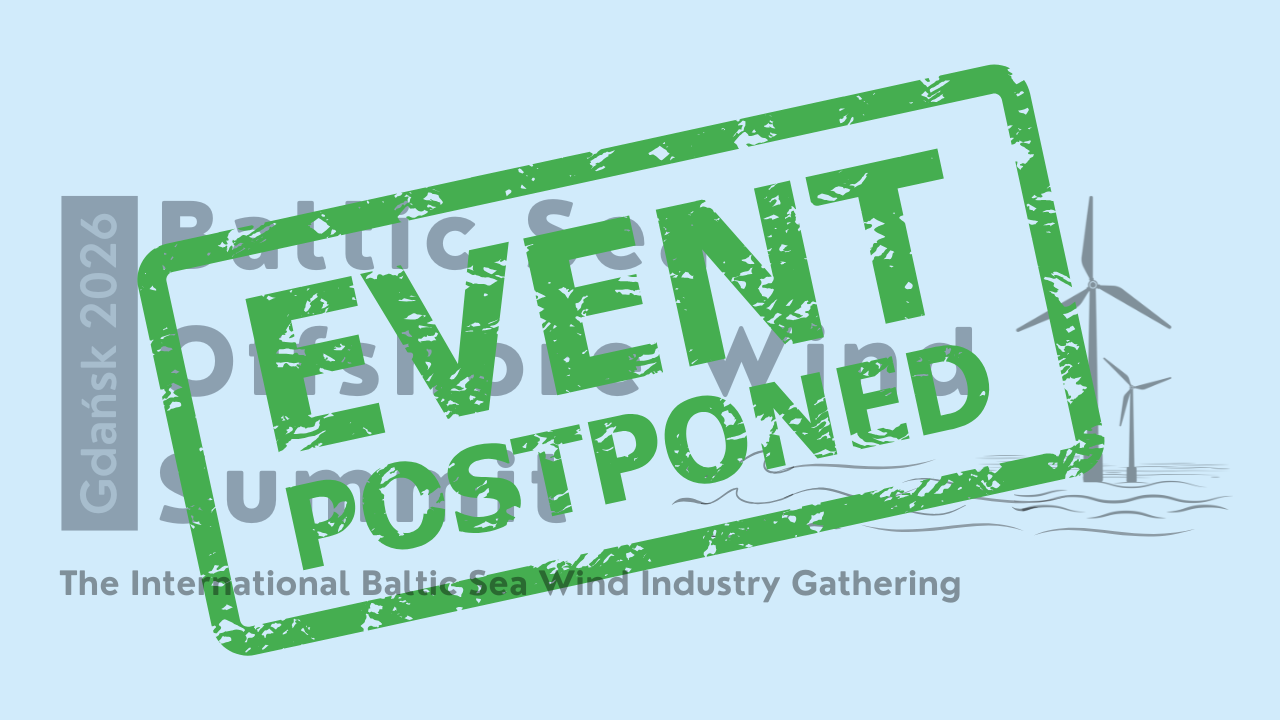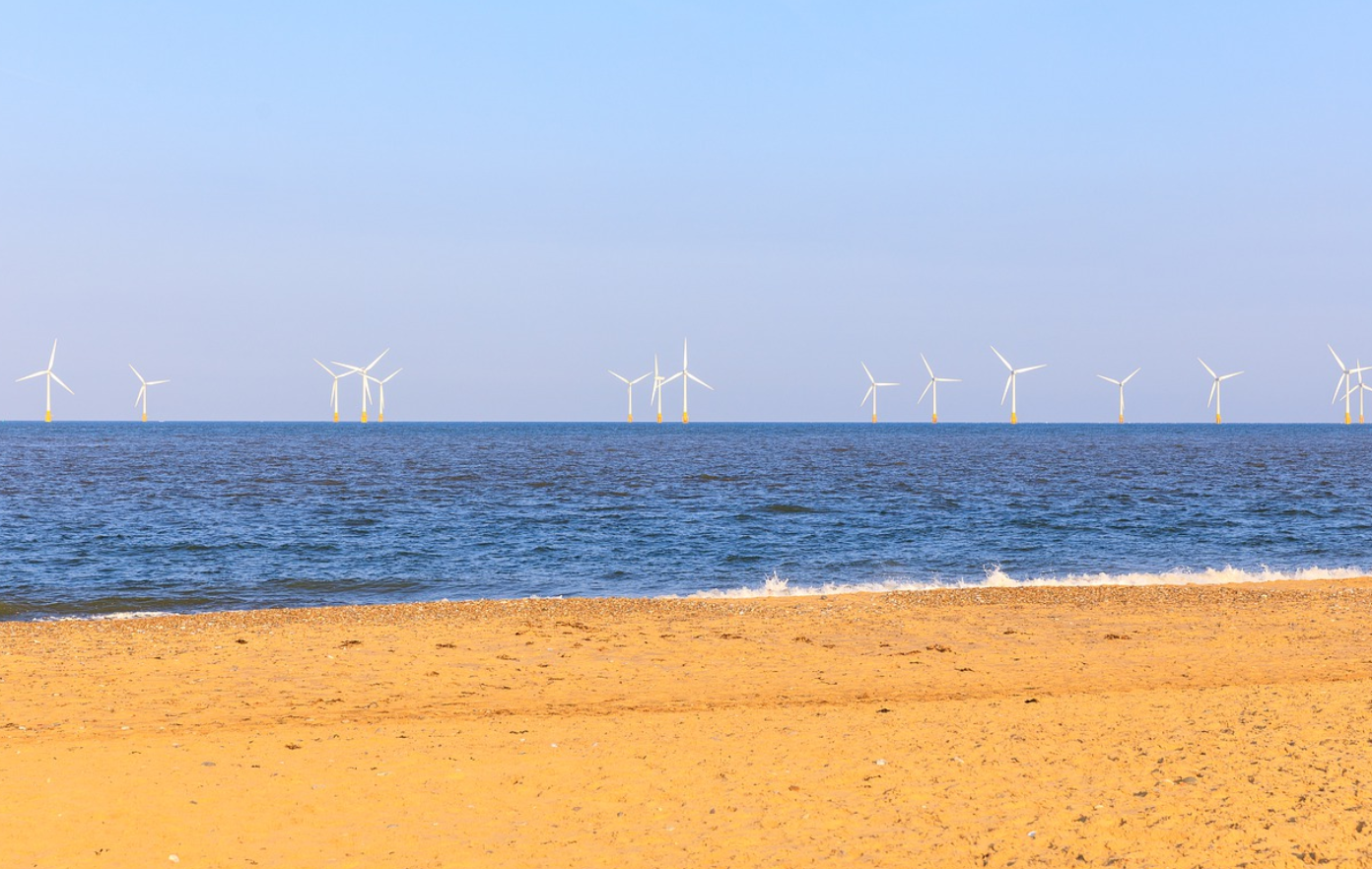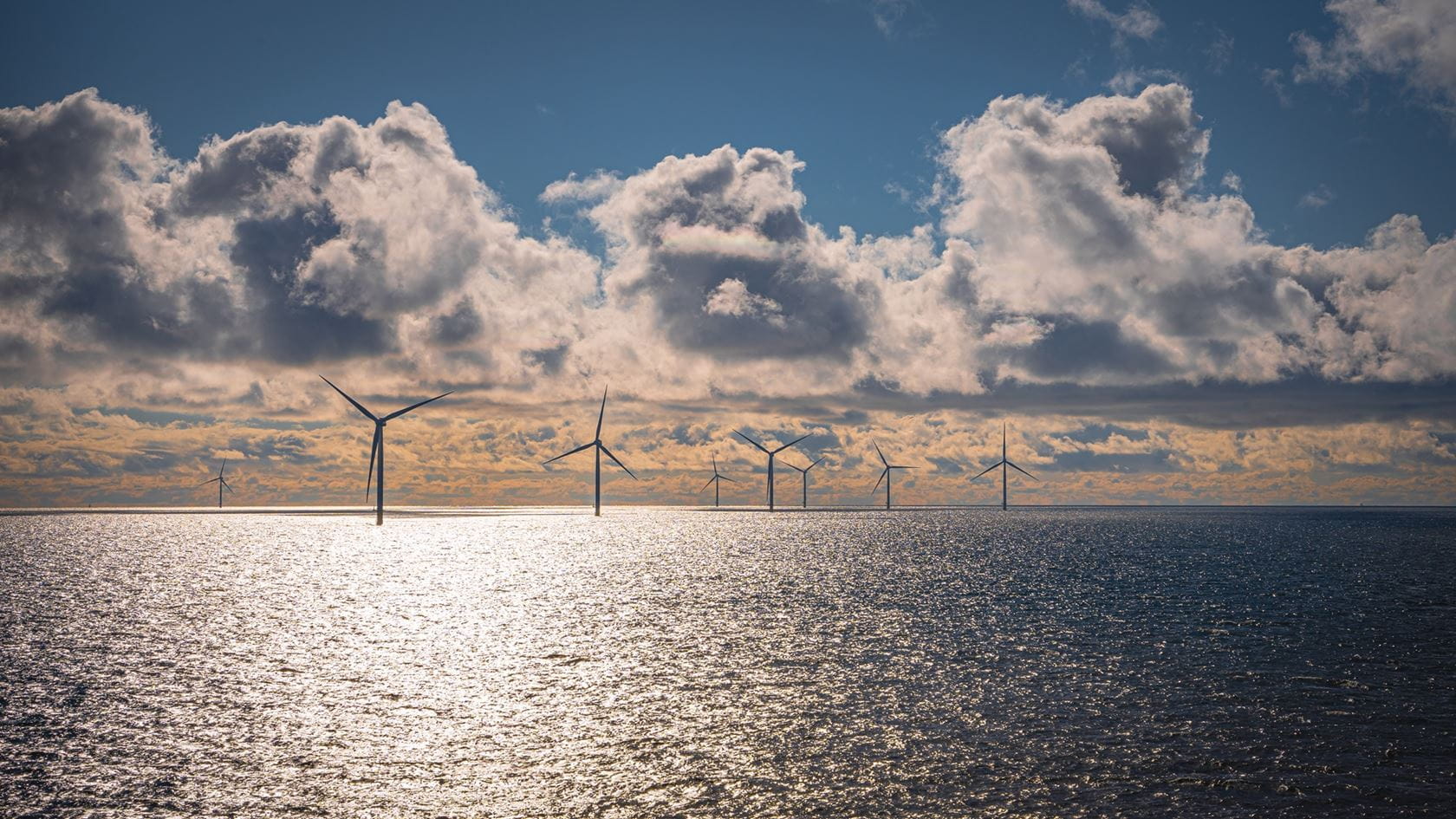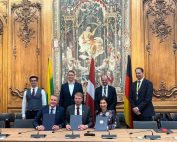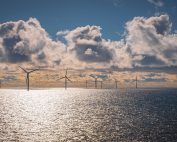Published on 15 September 2025, the report monitoring the energy transition in Germany is the result of a coalition agreement and was prepared by the BET and EWI research institutes on behalf of the Federal Ministry for Economic Affairs and Energy. On this basis, Federal Minister for Economic Affairs and Energy Katherina Reiche presents proposals for ten key measures to promote the economy and competitiveness.
The report shows that almost 60% of electricity already comes from renewable energy sources, including wind power to a large extent. However, Minister Katherina Reiche emphasises that in order to achieve the target of 80% renewable energy by 2030 and climate neutrality by 2045, realistic measures are needed to ensure security of supply, competitiveness and system stability.
The announced changes to the support model are crucial for the wind sector. Germany plans to gradually move away from fixed feed-in tariffs and switch to market mechanisms, including Contracts for Difference (CfD) for offshore wind energy. This is intended to increase revenue predictability while reducing the burden on the budget.
Other important elements of the plan include:
- coordinated development of transmission networks, renewable capacity and energy storage facilities,
- introduction of incentives such as regional bonuses and cable infrastructure sharing,
- preparation of a technologically open capacity market (scheduled to start in 2027), which will also include flexible reserve capacity, e.g. gas-fired power plants with the possibility of conversion to hydrogen,
- digitisation and system flexibility to better integrate variable wind production,
- gradual reduction of subsidies, which will force greater competitiveness and innovation in the industry.
The report points out that the development of wind energy is currently hampered by, among other things, grid constraints, high infrastructure expansion costs (over €440 billion by 2045 for transmission and €235 billion for distribution networks) and periodic wind shortages.
In summary, the future of German wind energy will depend on the success of the reform of the support system, the acceleration of network expansion and the effective integration of wind power into a flexible, digital and market-balanced electricity system.


